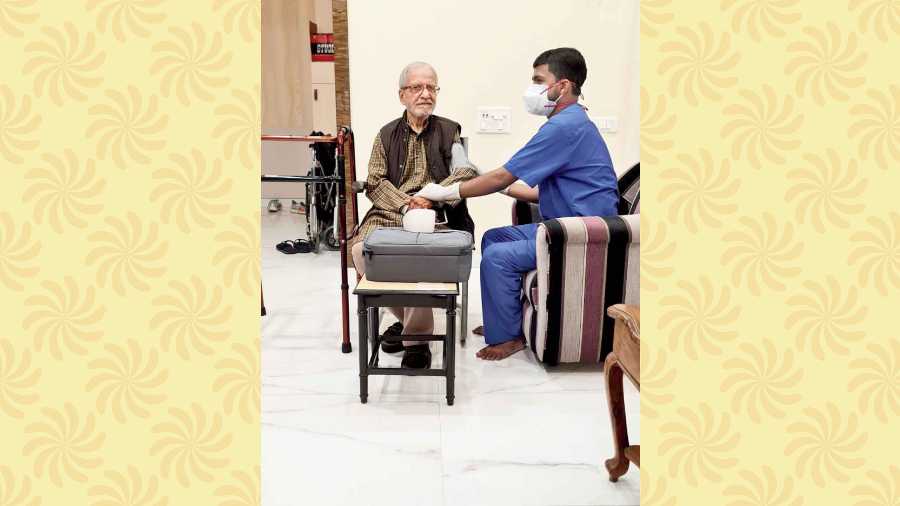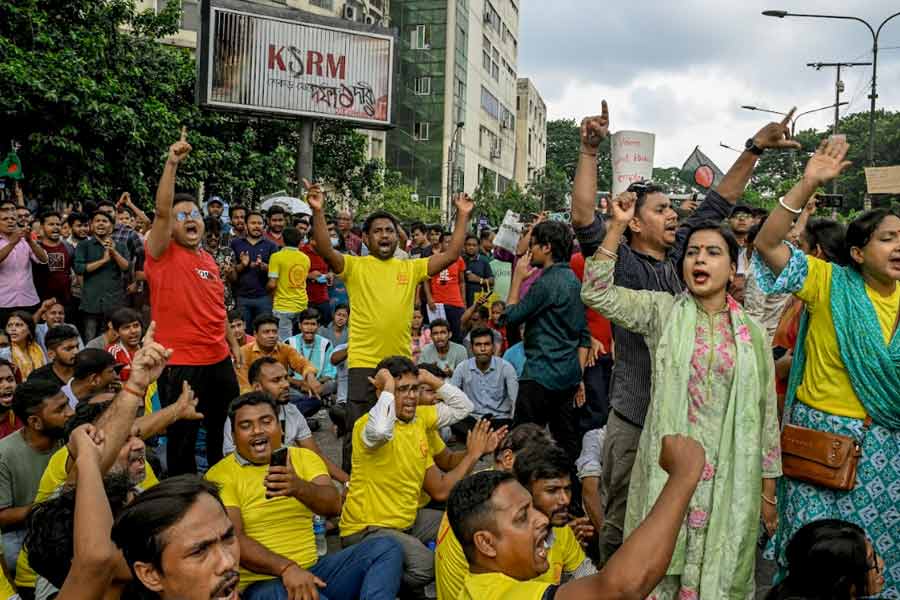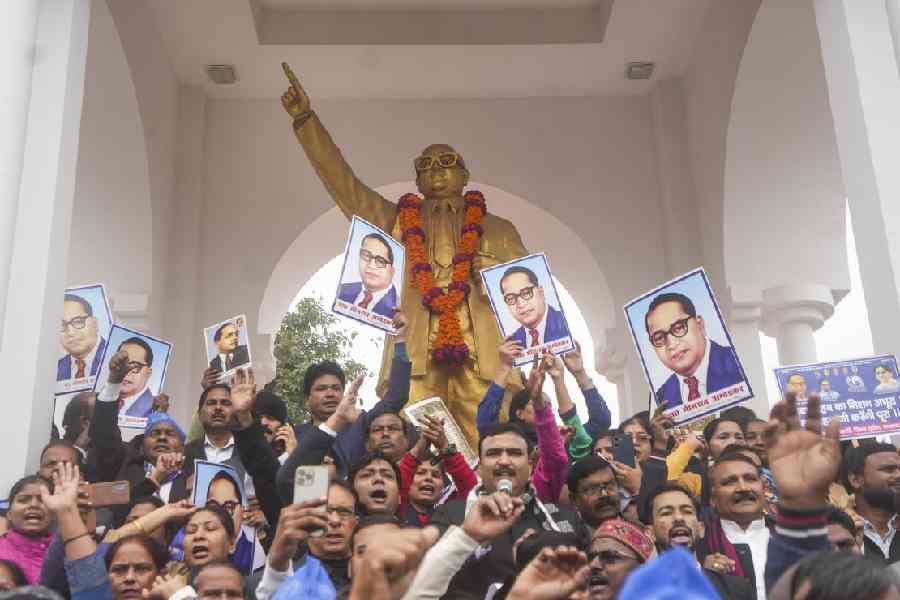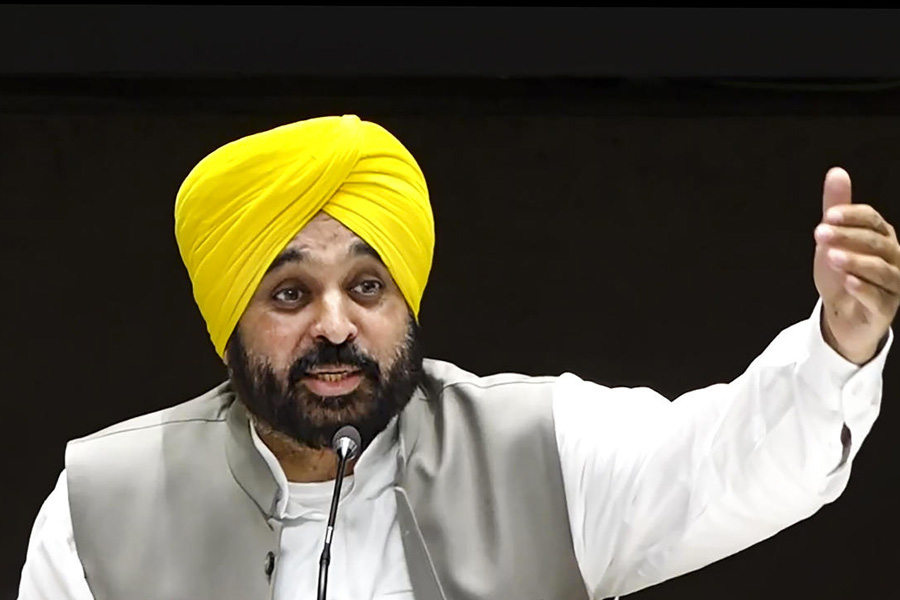The right to health is integral to the constitutional guarantee of the right to life. No person seeking healthcare should thus be denied it on the grounds of access and affordability. This is what the Rajasthan Right to Health Care Act, 2023 aims to achieve. This first-of-a-kind legislation in India mandates free and affordable medical services in hospitals, clinics and laboratories — both public and private — giving every resident of the state the right to free emergency treatment. Private healthcare institutions would be compensated for the charges incurred for such treatment. The bill ran into a wall of opposition with the Indian Medical Association and doctors from private institutions protesting for days, bringing the state’s healthcare system to a grinding halt. They have now reached a consensus with the government and called off their protests. While some of the doctors’ concerns were legitimate — the law is vague about what constitutes an emergency — the sum of their argument put the onus of the right to health with the State. Such narrow professional and commercial interests go against the Hippocratic oath. This is the same mindset that leads doctors to refuse rural posting, at times choosing to pay a fine of Rs 10 lakh for this. The roots of this seemingly mercenary attitude lie in the astronomical amount of money that it takes to study medicine in private institutions. People who have had to shell out tens of lakhs of rupees to become doctors cannot be expected to be motivated by the spirit of service alone.
While the right to health is a fundamental one, the government cannot depend on private institutions to plug the gaps in the state’s healthcare system — in 2021, Rajasthan had 1,100 posts of specialist doctors lying vacant. Moreover, governments are notorious when it comes to non-payment of dues. As of last year, the Punjab government owed private hospitals in the state Rs 29 crore. The Act also guarantees safe and quality healthcare and mandates the State to establish quality standards. Accountability in this area has been lacking in both the public and the private sectors. But the bill is unprecedented in its embrace of a holistic definition of health beyond mere healthcare, encompassing important social determinants such as nutrition. The State must now ensure a viable infrastructure that will make such treatment and its distribution possible in rural areas. While the medical fraternity has strong moral stakes in improving health equity, it is also incumbent on the State to ensure that doctors are not denied their rightful dues.











